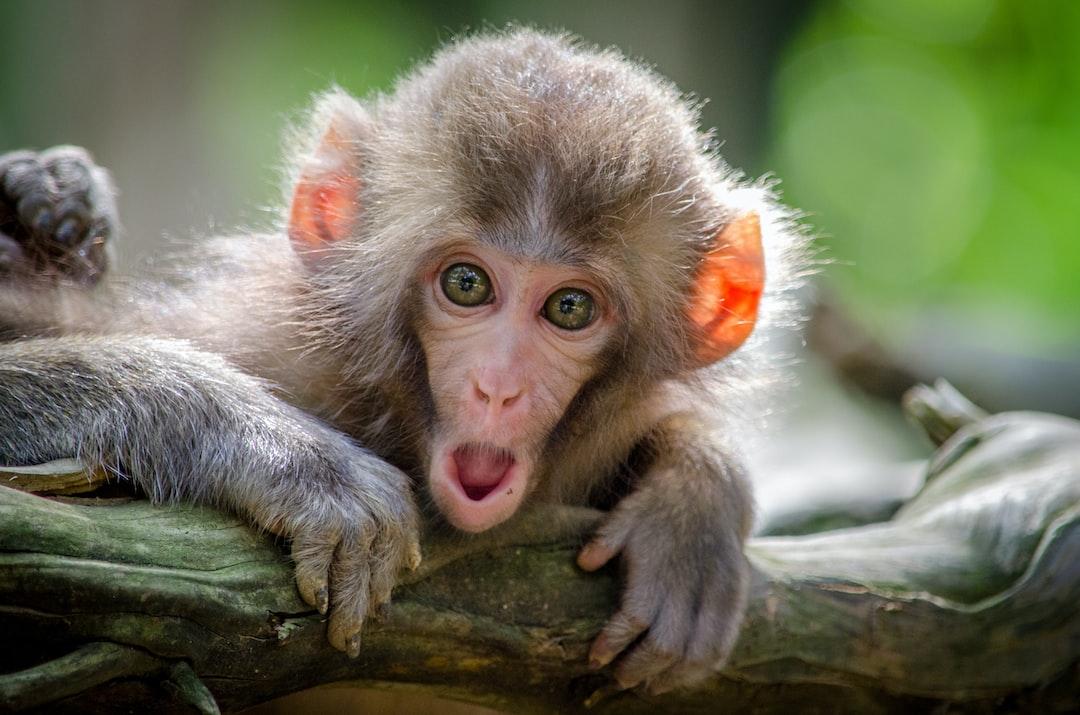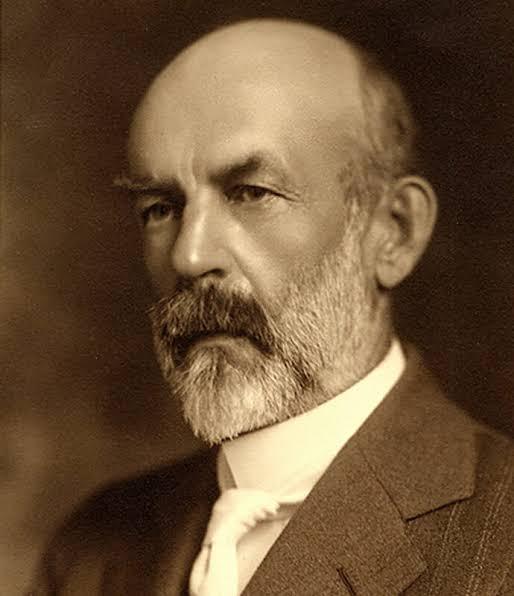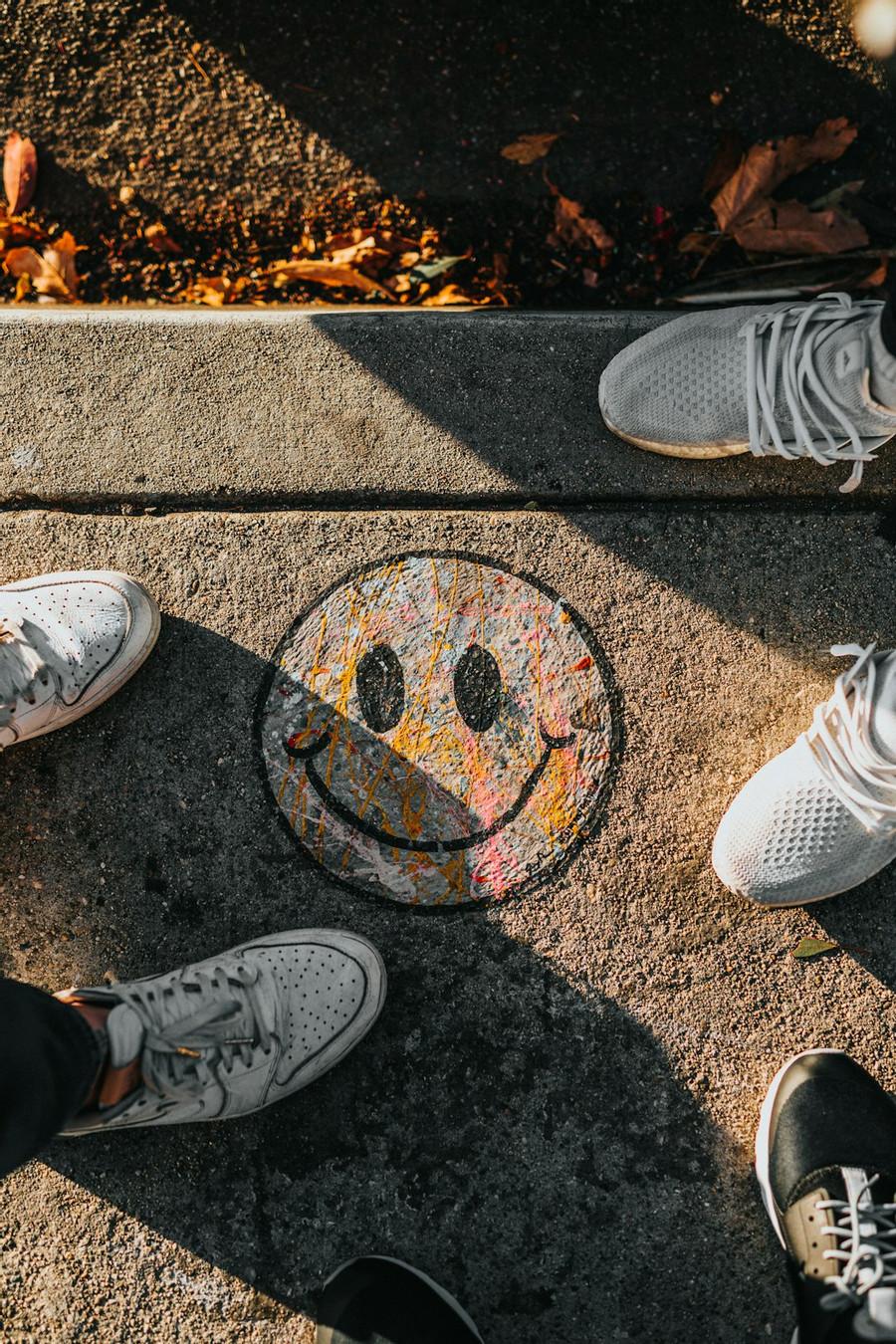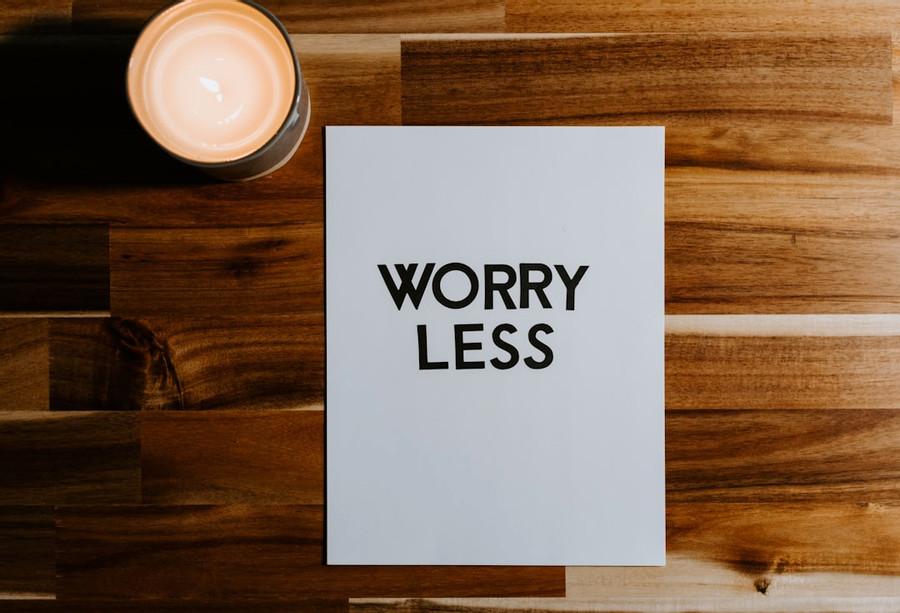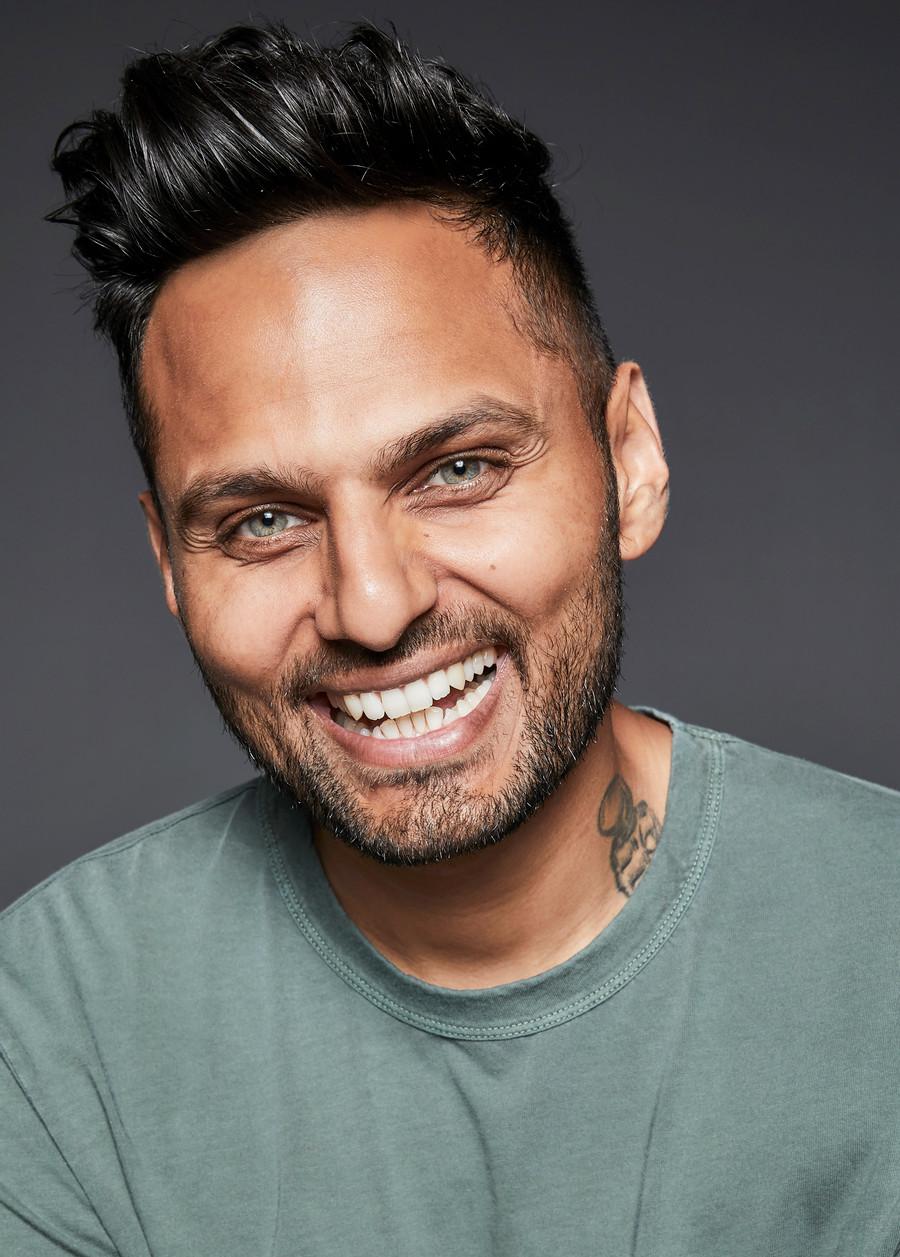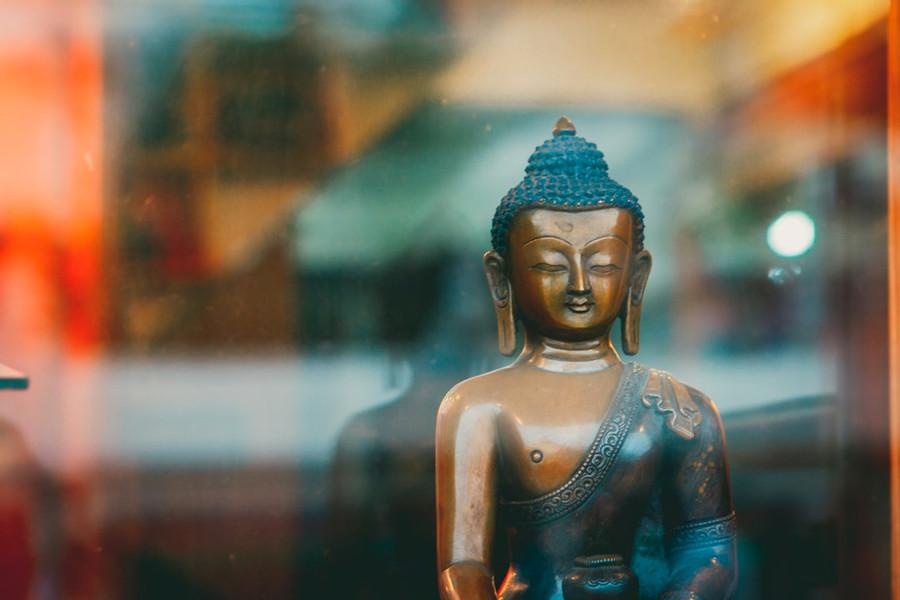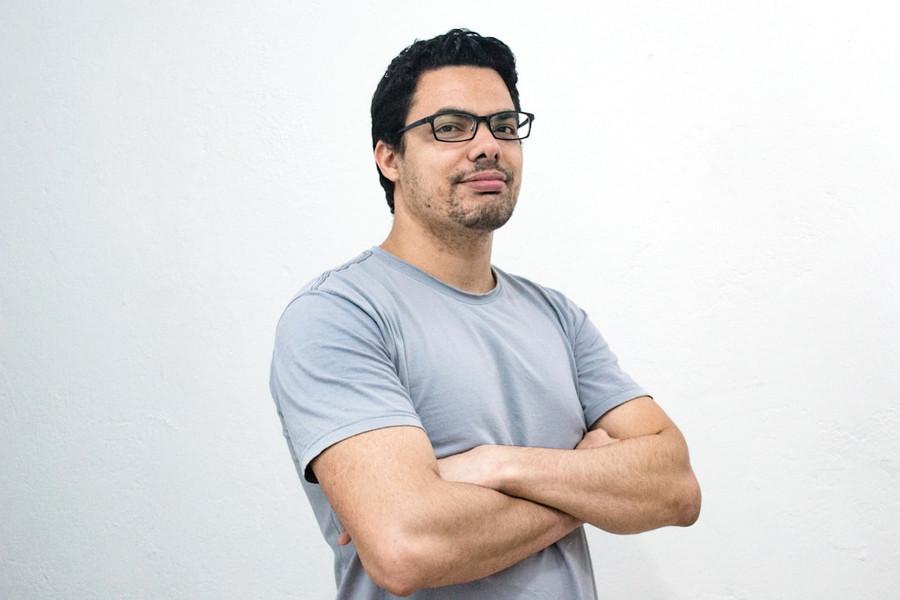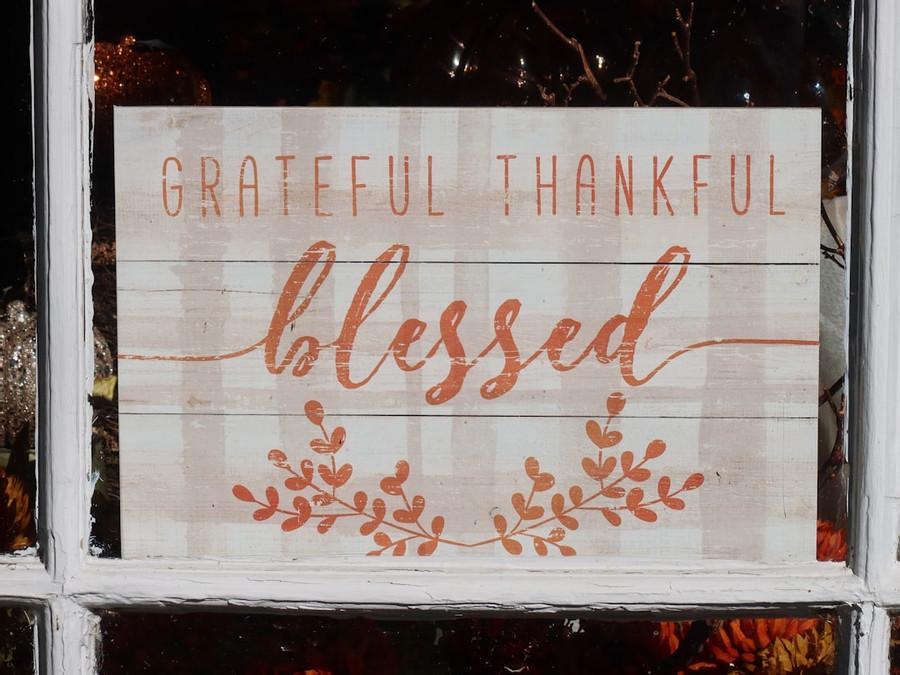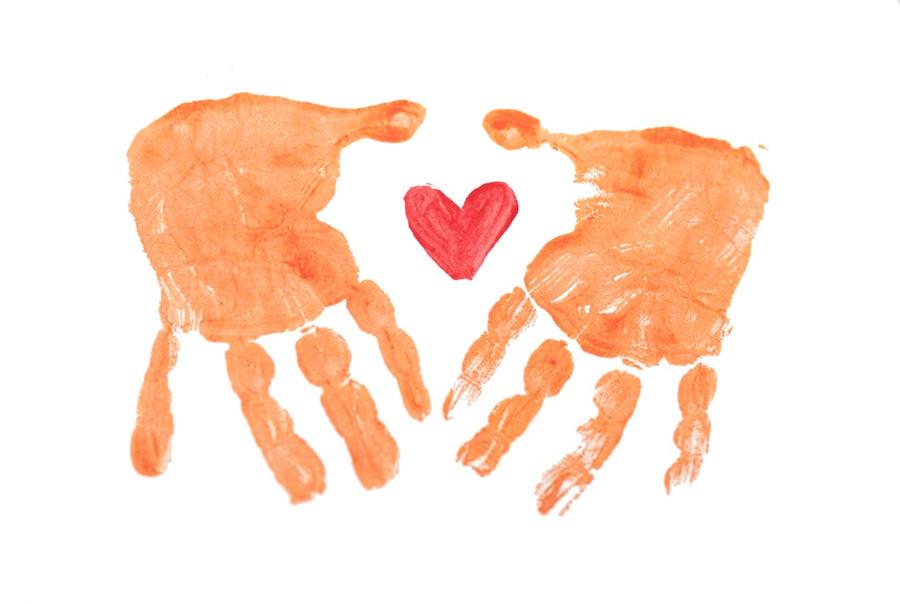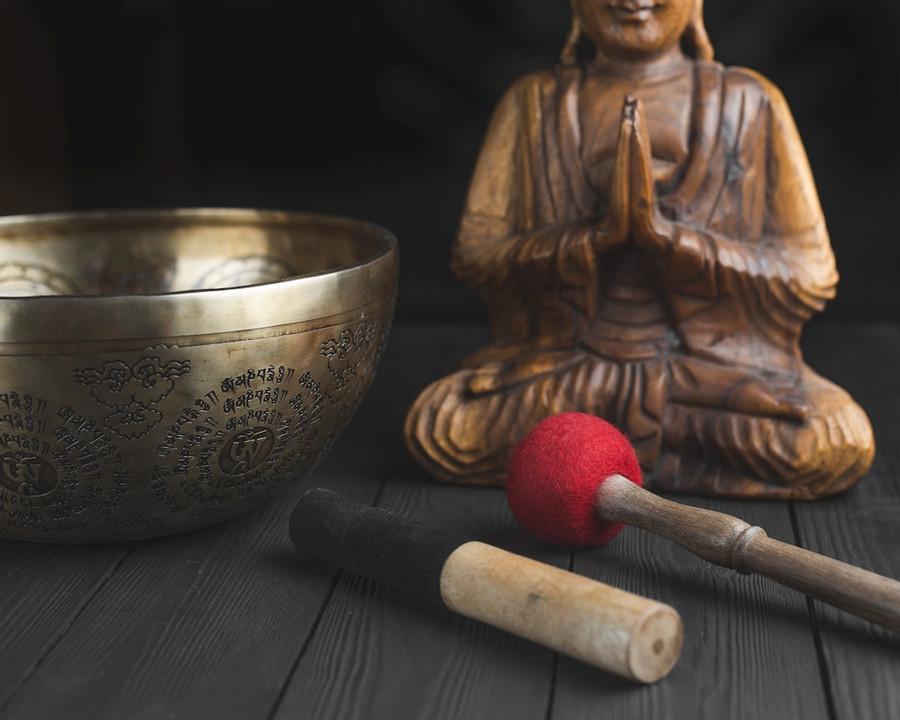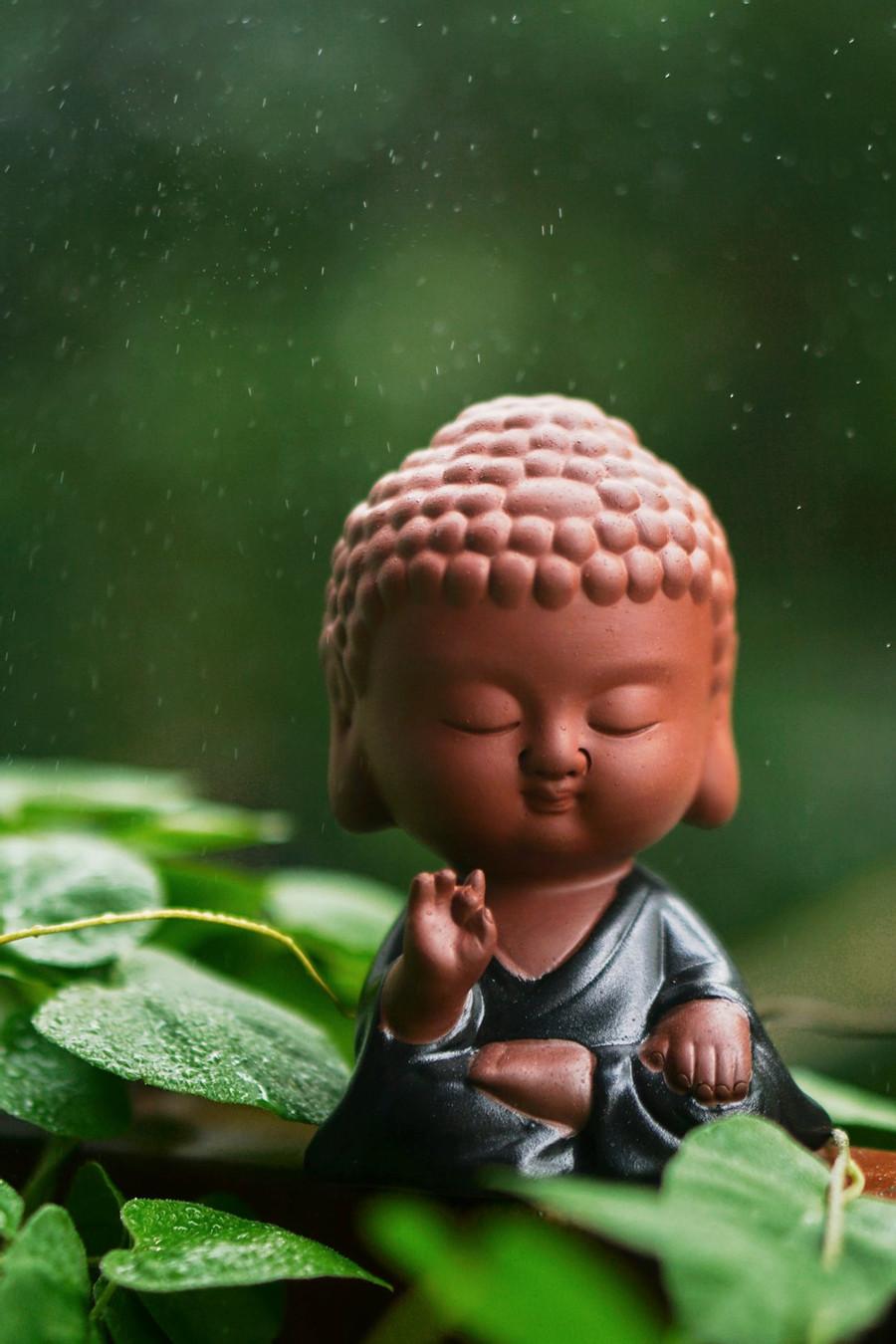S K's Key Ideas from Think Like a Monk
by Jay Shetty
Ideas, facts & insights covering these topics:
19 ideas
·23.9K reads
80
3
Explore the World's Best Ideas
Join today and uncover 100+ curated journeys from 50+ topics. Unlock access to our mobile app with extensive features.
The Monkey Mind Vs. The Monk Mind
The monkey mind seeks instant gratification. It is restless, self-absorbed and worried. Negative tendencies in thinking and feeling as well as indecisiveness are characteristics of the monkey mind.
The monk mind is focused. It is striving towards a higher purpose such as serving and is willing to take the risk. Being highly empathetic, decisive and strategic, the monk mind seeks purpose.
Your goal should be in cultivating the monk mind.
208
1.91K reads
I am not who I think I am, and I am not who you think I am. I am what I think you think I am.
CHARLES HORTON COOLEY
295
9K reads
Values Shape Your Identity
You should be your most authentic self unapologetically at all times possible. Who we are is defined by our values.
Figure out what you value most in your life:
- Write down a list of values that you share: Looks, status, relationships, empathy, wealth, intelligence or something else?
- Where are these values coming from? From your parents, society, the media or somewhere else?
- Do you share these values? Take a look at your actions to determine if you are really living in accordance to your deepest values.
200
1.42K reads
Let Go Of Negativity
We are surrounded by negativity most of the time and get infected by it easily.
- Spot negative people in your life but never judge them for the way that they are. Distance yourself as good as you can, surround yourself with as much positive people as possible, limit the time you spend with them and don't try to fix them as this is not your job.
- Deal with your own negativity using the "Spot Stop Swap"-technique: Spot your negative thoughts and feelings, figure out where they come from and turn them into something positive.
- Practice forgiveness with others and yourself.
189
1.19K reads
Deal With Your Anxiety and Fears
What are you really afraid of? Ask yourself this question during meditation until you get to the very root of your fear. Watch out for common patterns in your anxiety and how you react to it (by repressing it, fighting against it etc.)
We are often afraid of something because we are attached to it. Know that nothing in life is permanent and that nothing is truly yours, all that you have is borrowed until you die.
Take a look at how big your fear is by placing it on a scale from 0 (=not bad at all) to 10 (=the worst thing that could possibly happen).
198
1.03K reads
Do Things With The Right Intention
We are motivated to take actions because we are either driven by fear (such as the fear of death), desire (success, money, statisfaction), duty (gratitude, responsability) or love.
The first two are "bad" intentions as fear isn't lasting and success is an illusion. With these intentions you will never be truly happy but when doing things out of duty or love, you will feel happy.
Find out your biggest why: Ask yourself why you want to do something. Follow up your response with another why until you reach the true intention behind your action.
177
911 reads
Meditation Practice 1: Breathwork
- Find a comfortable position and close your eyes.
- Focus on peace, stillness and balance. Bring your thoughts back whenever they start to wander.
- Focus on your natural breathing, just observe.
- Breathe in your belly. Breathe in positive energy, breathe out negative energy.
- Continue with whatever you need:
- For relaxation: Breathe in through your nose for 4sec. Hold your breath for 4sec. Breathe out through your mouth for 4sec.
- For energy and focus: Breathe in through your nose for 4sec. Breathe out through your nose in less than 1sec.
- For sleep: Breathe in for 4sec. Breathe out for longer than 4sec.
195
808 reads
Live In Your Dharma
Your Dharma is basically your purpose on earth. When living in your Dharma, you will find fulfillment. It will make you feel alive, in flow, comfortable, steady, positive and it will help you grow.
Your Dharma consists of passion, competence, empathy and usefulness. It is what you love doing and what you are good at and can be described as your talent or your Varna. There are four Varnas: Producer, designer, manager and teacher.
Don't try to follow someone else's Dharma and also don't blame anyone because you can't follow yours. Your Dharma is your responsability.
181
722 reads
Create Amazing Routines
Wake up a little earlier in the morning and fill your morning with T.I.M.E. = Thankfulness, Insights from a book, podcast etc., Meditation and Exercise. Don't look at your phone first thing in the morning.
Before going to sleep, reflect on your day, write down your tasks for tomorrow and practice gratitude.
Places carry energy: Dedicate a certain place to one activity only, for instance in your bed you are only sleeping and not working or eating.
Time has a memory: Do something at the same time every day and you won't forget about it.
183
732 reads
Control Your Mind
We are often driven by what we perceive through our senses. We are acting out of impulses without thinking of possible consequences. We want instant gratification instead of patiently waiting and working towards our goals.
Control the negative thoughts in your unconscious mind, write them down and turn them into nicer statements. Be compassionate with yourself.
Live in the present moment as you cannot change the past or control the future.
166
656 reads
Your Ego Is Your Biggest Enemy
As soon as you do something good, it goes to your head. Your ego makes you lie about and to yourself as it is a mask that protects you. You think you are superior to other people when in reality noone is below or above you. It blocks your growth and isolates you as you think you know it all.
Practice humility but keep in mind that true humility can never be reached. As soon as you think you are humble, you are not.
Build true confidence instead of feeding your ego. Figure out areas you want to be more confident at and work on them. Make small wins and thank the people that helped you with it.
169
600 reads
Meditation Practice 2: Visualisation
- Find a comfortable position and close your eyes.
- Focus on peace, stillness and balance. Bring your thoughts back whenever they start to wander.
- Continue with one of these practices:
- Bodyscan: Focus on your breath and then on your body. Feel the ground beneath you. Scan your body from your toes to your head. Feel every sensation, pain or tingle. Thank every part of your body.
- Create a sacred place: Imagine a beautiful place that calms you down. This can also be a place you have already visited. Look around and notice every detail with your five senses.
164
555 reads
Be Grateful
Gratitude is the best medicine as it heals you both mentally and physically.
Practice gratitude: Every evening, write down what you are grateful for. Write a letter to someone and thank them. Meditate on what you are truly grateful for.
165
600 reads
Build Beautiful Relationships
You are always getting back the love that you give but not always from the person you gave it to. This is called the cycle of love.
We are naturally looking for these four qualities: Consistency (always being there for you), strength of character (strong morals/values), competence and caring. Nobody has all four of them.
Find someone you are emotionally and spiritually attracted to, not physically, materialistically or intellectually.
Strengthen your current relationships by making new memories together.
Healing your wounds is the key to letting go of love and finding new love.
169
548 reads
Serve The World
Our main purpose in life is to serve others. Give without expecting anything in return. There are so many benefits to serving as it makes not only the other person happy but also yourself. You need nothing in order to give. In fact, studies have shown that the less someone has the more they are willing to give. Serve according to your Dharma.
162
499 reads
Meditation Practice 3: Mantras
- Find a comfortable position and close your eyes.
- Focus on peace, stillness and balance. Bring your thoughts back whenever they start to wander.
- Choose one of the following mantras and sing them three times. Pronounce them clearly and feel the light energy:
- Om Namo Bhagavate Vasudevaya: With that you are praising the god in every heart. It helps with gaining clarity and strength.
- Om Tat Sat: This refers to the ultimate truth and blessings. It helps when starting something new.
- Lokah Samastah Sukhino Bhavantu: A mantra for blessing others and yourself with happiness and freedom.
168
495 reads
Final Words
You can also combine these three meditation practices and practice each of them seven minutes a day which is 21 minutes in total.
Think about your death: What would you regret? How do you want to be remembered? This should be enough motivation to improve your life.
At the very end, Jay Shetty says that once you know yourself well, you will no longer ask yourself "What would a monk do?" and instead "What would I do now?".
164
523 reads
IDEAS CURATED BY
CURATOR'S NOTE
Former monk and self-help influencer star Jay Shetty shares various practices he learned in his monk years and makes them suitable for our modern world.
“
Curious about different takes? Check out our Think Like a Monk Summary book page to explore multiple unique summaries written by Deepstash users.
Different Perspectives Curated by Others from Think Like a Monk
Curious about different takes? Check out our book page to explore multiple unique summaries written by Deepstash curators:
1 idea
1 idea
1 idea
Discover Key Ideas from Books on Similar Topics
10 ideas
8 Rules of Love
Jay Shetty
8 ideas
DO THIS TO BE MORE CONFIDENT
Jay Shetty
20 ideas
How I Built This
Guy Raz
Read & Learn
20x Faster
without
deepstash
with
deepstash
with
deepstash
Personalized microlearning
—
100+ Learning Journeys
—
Access to 200,000+ ideas
—
Access to the mobile app
—
Unlimited idea saving
—
—
Unlimited history
—
—
Unlimited listening to ideas
—
—
Downloading & offline access
—
—
Supercharge your mind with one idea per day
Enter your email and spend 1 minute every day to learn something new.
I agree to receive email updates
